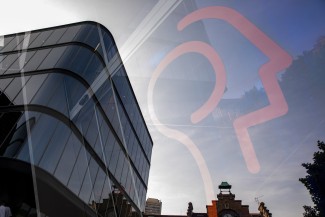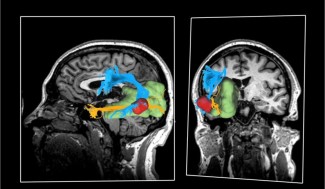
Every day, we call upon a unique capacity of our brain, visual mental imagery, which allows us to visualise images, objects or people 'in our heads'. Based on the recent case of a patient with a specific brain lesion, Paolo Bartolomeo's group (Inserm...
06.09.2022
Research, science & health
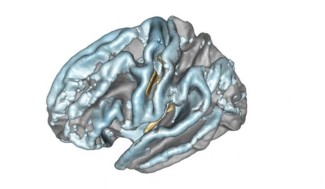
Brain mapping consists in finding the brain regions associated with different traits, such as diseases, cognitive functions, or behaviours, and is a major field of research in neuroscience. This approach is based on statistical models and is subject...
05.23.2022
Research, science & health
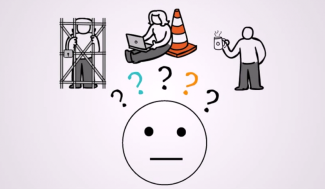
Covid-19 took us by surprise and the exceptional situation of the first lockdown required great capacities of adaptation, in particular for our brain. A study conducted at the Paris Brain Institute (Inserm/CNRS/Sorbonne University/AP-HP) has just...
05.10.2022
Research, science & health
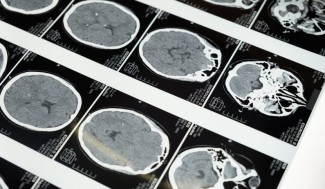
In a recent paper published in the Journal of Royal Society Interface, Catalina Obando, Charlotte Rosso (Sorbonne Université, AP-HP) Fabrizio de Vico Fallani (Inria) and their collaborators at the Brain Institute propose a new approach to...
04.22.2022
Research, science & health
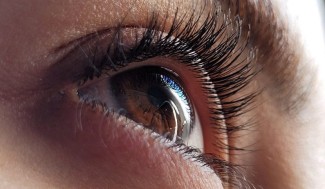
A collaboration between Australian (University of New South Wales and Macquarie University) and French (Paris Brain Institute) researchers has found that variations in the diameter of our pupil reveal the sensory intensity of our mental imagination...
04.20.2022
Research, science & health

Dyskinesias are rare diseases characterised by sudden, involuntary movements that can affect the whole body. Two years ago, the team of Prof. Flamand-Roze and Dr. Méneret at the Paris Brain Institute and the neurology department of the Pitié...
04.19.2022
Research, science & health
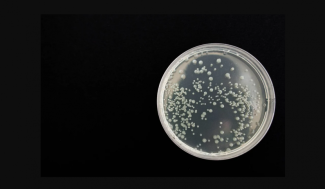
Products derived from the intestinal microbiota enter the bloodstream and modulate the host's physiological processes, such as immunity, metabolism, and brain function. Scientists from the Institut Pasteur (a research partner of Université Paris Cité...
04.16.2022
Research, science & health
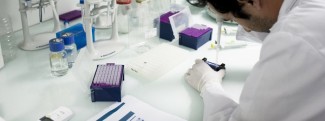
On the occasion of World Parkinson's Day, which will be held on 11 April 2022, the Paris Brain Institute takes stock of the latest advances in research and the challenges that remain in the fight against the second most common neurodegenerative...
04.11.2022
Research, science & health
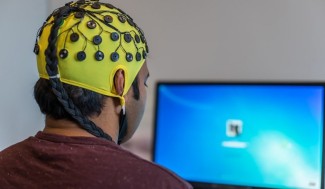
An unprecedentedly precise exploration of the molecular and electrophysiological basis of a form of autoimmune encephalitis, conducted by the " Cellular Excitability and Neuronal Network Dynamics" team at the Paris Brain Institute, elucidates for the...
04.07.2022
Research, science & health
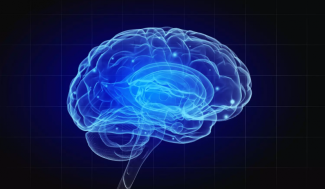
Although Alzheimer's disease is not hereditary in 99% of cases, genetic factors can increase the risk of developing it. The "Alzheimer's disease, prion diseases" team, co-directed by Marie-Claude Potier (CNRS) at the Paris Brain Institute, has...
03.24.2022
Research, science & health
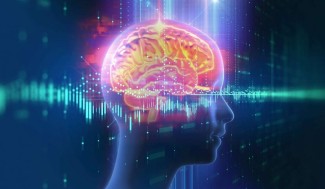
Within the walls of the Pitié-Salpêtrière AP-HP hospital, where Charcot explored hypnosis at the end of the 19th century, the research team led by Professor Lionel Naccache at the Paris Brain Institute (Inserm/CNRS/Sorbonne University), has just...
03.21.2022
Research, science & health
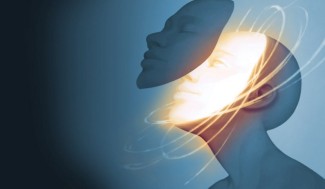
A research team involving neuroscience researchers and clinicians from the CEA, the Foch Hospital, the University of Versailles Saint-Quentin-en-Yvelines, Inserm, the Collège de France and the Paris Brain Institute, has provided proof that deep brain...
03.21.2022
Research, science & health

